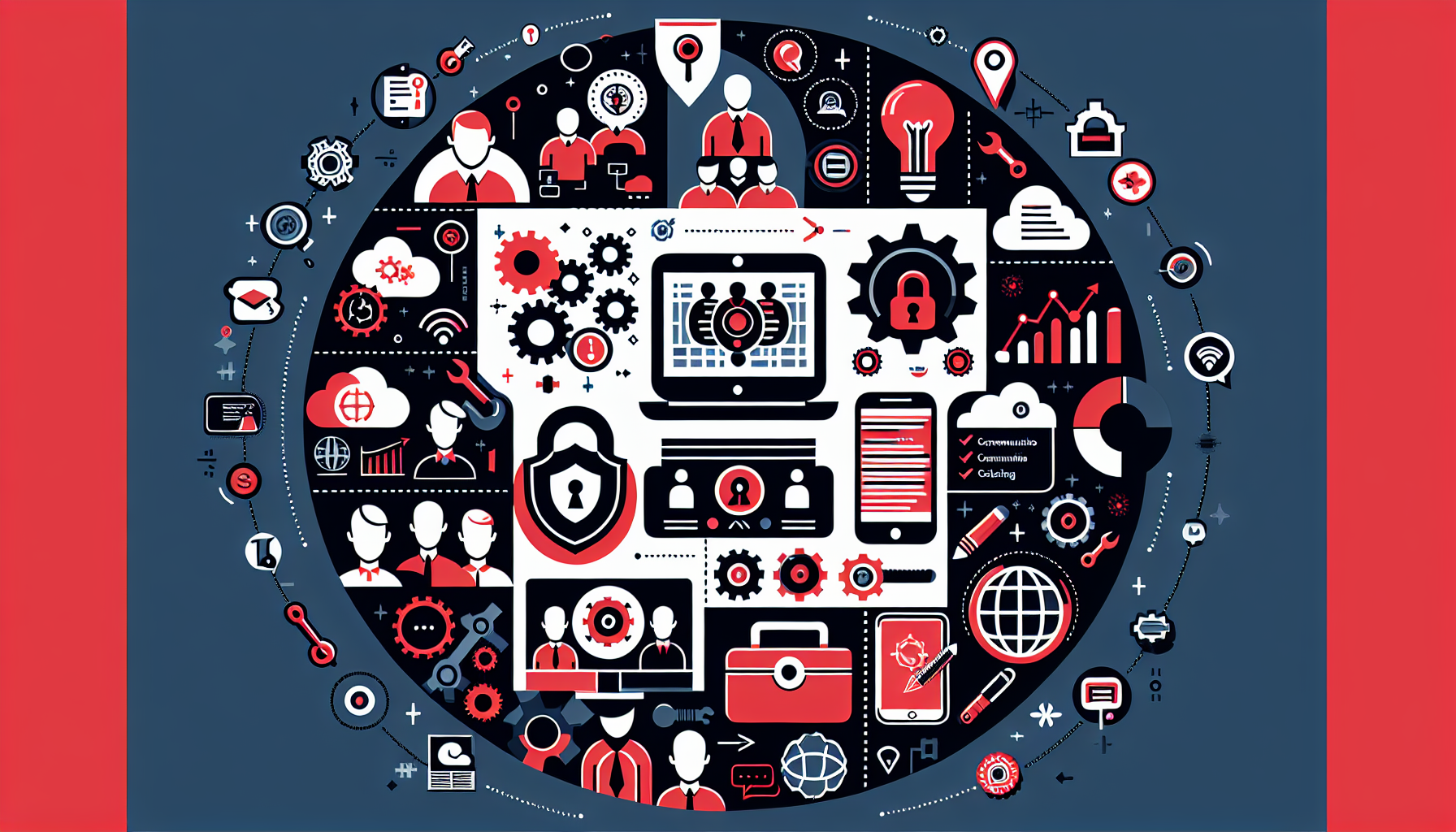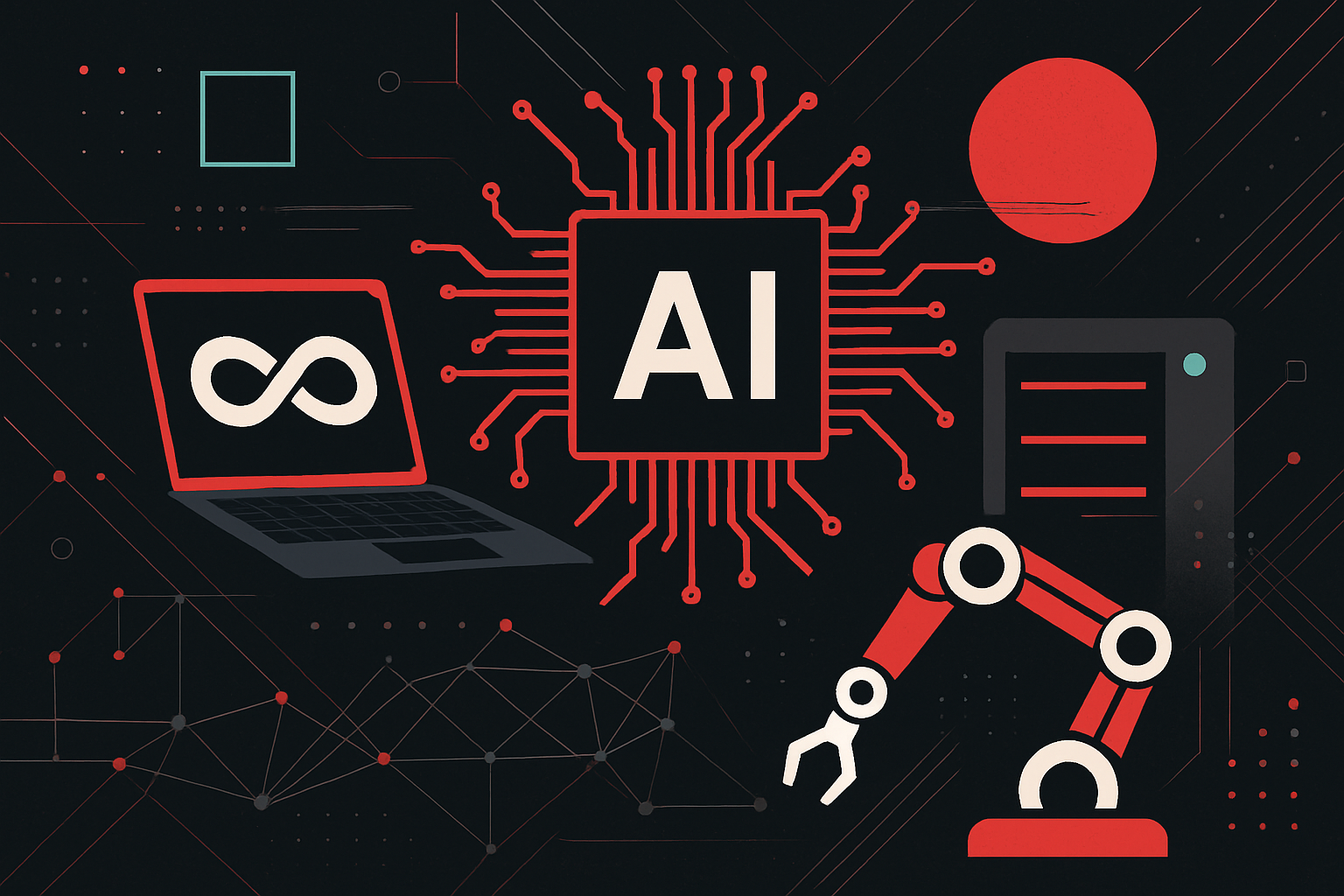10 Must-Have Skills for IT Professionals in the 2020s

In the ever-evolving landscape of technology, IT professionals must continuously update their skill sets to stay relevant and competitive. As we progress through the 2020s, the demand for certain skills has surged, driven by advancements in technology, the need for digital transformation, and the ongoing shift towards remote work. This article explores the top 10 must-have skills for IT professionals to thrive in this decade. Whether you’re an aspiring IT expert or a seasoned professional, these skills will help you navigate the complexities of today’s digital world.
1. Cloud Computing
With businesses rapidly migrating to the cloud, proficiency in cloud computing is crucial. IT professionals should be familiar with major cloud platforms such as Amazon Web Services (AWS), Microsoft Azure, and Google Cloud Platform (GCP). Understanding cloud architecture, deployment models, and services like Infrastructure as a Service (IaaS) and Platform as a Service (PaaS) is essential.
Key Aspects of Cloud Computing:
| Aspect | Description |
|---|---|
| Scalability | Ability to scale resources up or down as needed. |
| Cost Efficiency | Pay-as-you-go model reduces unnecessary expenses. |
| Security | Understanding cloud security principles and compliance standards. |
| Service Models | Knowledge of IaaS, PaaS, and Software as a Service (SaaS). |
2. Cybersecurity
As cyber threats become more sophisticated, cybersecurity remains a top priority. IT professionals must be adept in identifying vulnerabilities, implementing security protocols, and responding to incidents. Familiarity with tools like firewalls, intrusion detection systems, and antivirus software is vital.
Essential Cybersecurity Skills:
- Network Security
- Data Encryption
- Ethical Hacking
- Risk Assessment
3. Data Analytics and Machine Learning
Data-driven decision-making is the backbone of modern business strategies. IT professionals should be skilled in data analytics tools and machine learning algorithms. Proficiency in programming languages like Python and R is beneficial for developing predictive models and interpreting data.
# Example of a simple linear regression model using Python's sklearn
from sklearn.linear_model import LinearRegression
import numpy as np
# Sample data
X = np.array([[1, 2], [2, 3], [3, 4], [4, 5]])
y = np.array([5, 7, 9, 11])
# Initialize and fit model
model = LinearRegression()
model.fit(X, y)
# Predict
predictions = model.predict(np.array([[5, 6]]))
print(predictions)
4. DevOps and Agile Methodologies
The integration of development and operations, known as DevOps, enhances collaboration and productivity. Understanding Agile methodologies like Scrum and Kanban is also critical for managing projects efficiently and ensuring timely delivery of software products.
Core DevOps Practices:
- Continuous Integration/Continuous Deployment (CI/CD)
- Automation of workflows
- Infrastructure as Code (IaC)
- Monitoring and Logging
5. Artificial Intelligence (AI)
AI is transforming industries by automating processes and enhancing decision-making. IT professionals should be familiar with AI concepts such as neural networks, natural language processing, and computer vision. This knowledge can be applied in various domains, from healthcare to finance.
6. Internet of Things (IoT)
IoT connects physical devices to the internet, generating vast amounts of data. IT professionals should understand IoT architecture, communication protocols, and data management to leverage its potential fully.
IoT Ecosystem Components:
| Component | Description |
|---|---|
| Devices | Sensors and gadgets that collect data. |
| Networks | Communication channels for data transmission. |
| Platforms | Systems for data processing and analysis. |
| Applications | User-facing solutions for data utilization. |
7. Blockchain Technology
While initially popularized by cryptocurrencies, blockchain’s secure and decentralized nature offers applications in various fields. IT professionals should explore blockchain’s potential in areas such as supply chain management, identity verification, and smart contracts.
8. Programming and Scripting Languages
Proficiency in programming languages remains foundational for IT professionals. Languages such as Python, Java, JavaScript, and C++ are widely used across different domains. Additionally, scripting languages like Bash and PowerShell are essential for automating tasks and managing systems.
9. Soft Skills and Communication
Technical skills alone don’t guarantee success. IT professionals must also possess soft skills like effective communication, teamwork, and problem-solving. These skills facilitate better collaboration and understanding with non-technical stakeholders.
10. Remote Work Tools and Practices
The shift to remote work necessitates familiarity with collaboration tools like Slack, Zoom, and Microsoft Teams. IT professionals should also understand best practices for remote work, such as setting up secure connections and managing virtual teams.
Remote Work Best Practices:
- Establish clear communication channels
- Use VPNs for secure access
- Set up regular check-ins and updates
- Ensure data accessibility and security
As the 2020s unfold, the IT industry will continue to evolve, presenting new challenges and opportunities. By developing these must-have skills, IT professionals can not only stay relevant but also drive innovation and impact in their respective fields. Embrace these skills to future-proof your career and contribute meaningfully to the digital transformation journey.





0 thoughts on “10 Must-Have Skills for IT Professionals in the 2020s”